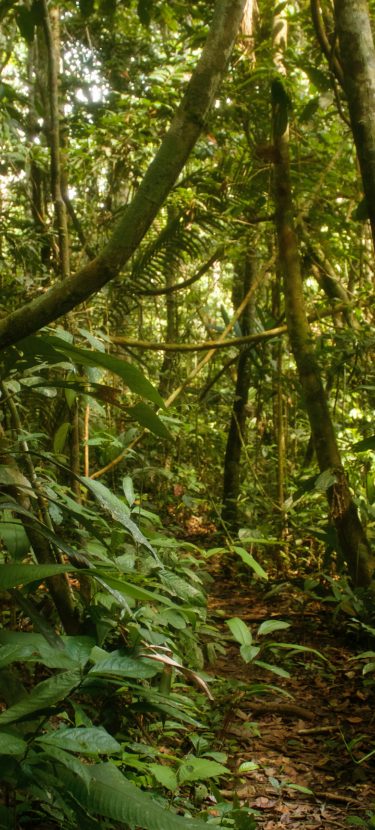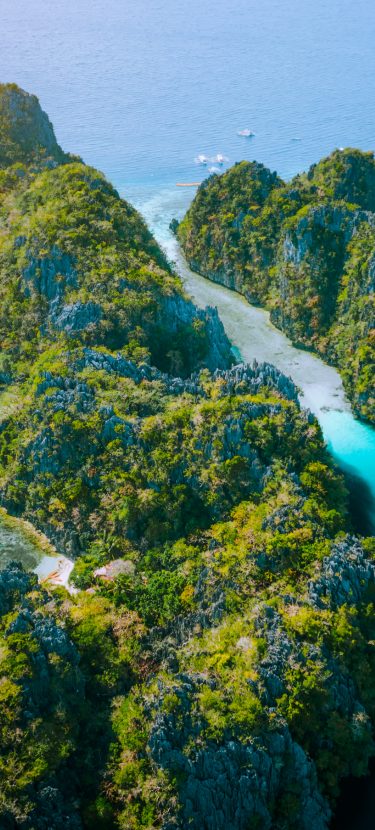New business opportunities
New business opportunities and diversified financing options arise from a new understanding of the market and changing world context and there is growing interest in the investment opportunities shaped within frameworks such as the Sustainable Development Goals, the Paris Agreement and principles of a circular economy.
Encouragingly, many investors and finance institutions are beginning to recognize the benefits of making investment decisions that help to tackle the loss of nature. Some banks are already pushing their clients to adopt stronger sustainability standards and there’s increasing interest in investments that deliver environmental and social returns alongside financial ones.








